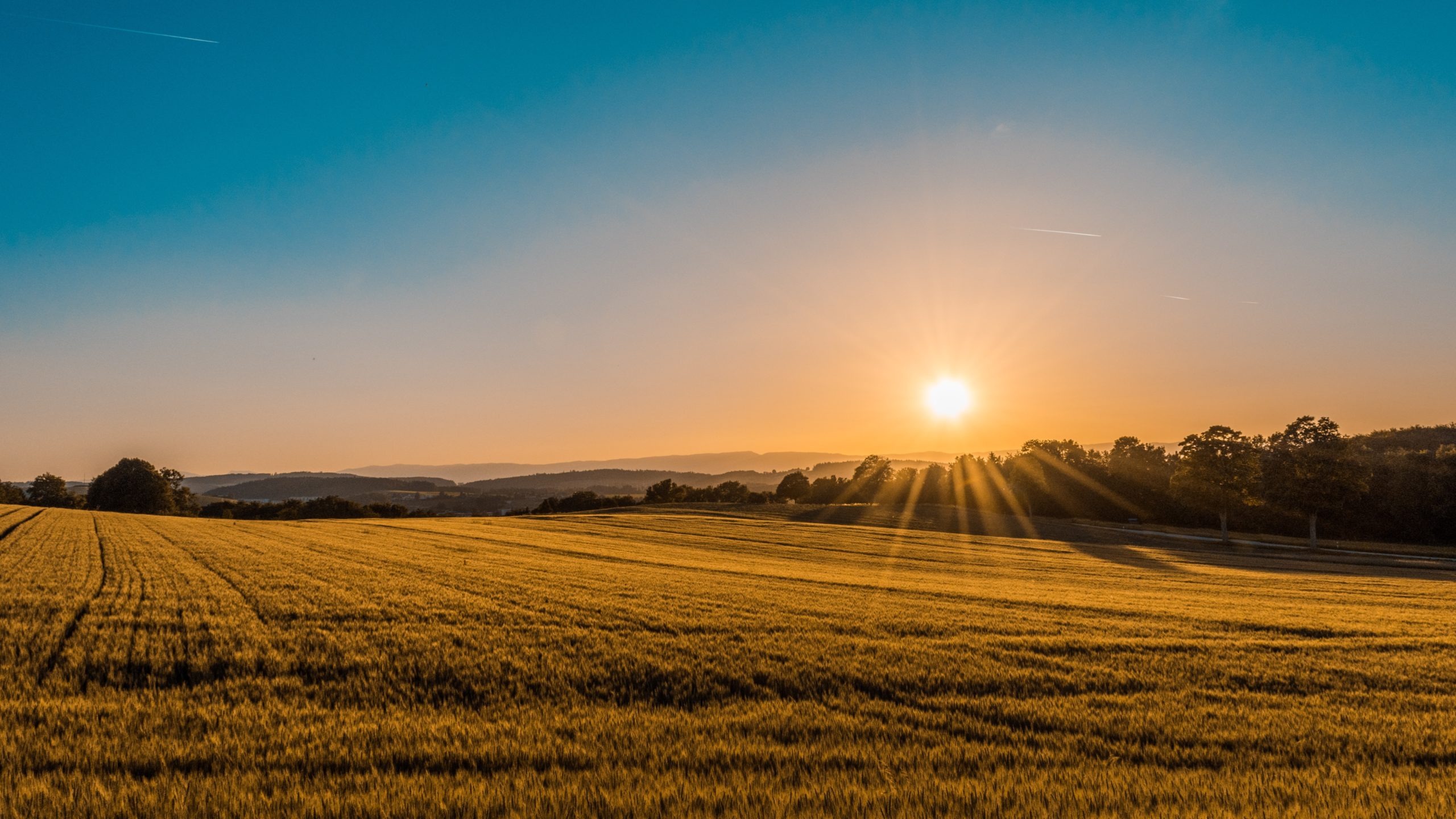

An international organisation formed in 1945 to increase political and economic co-operation among member countries. The organisation works on economic and social development programmes, improving human rights and reducing global conflicts. (Investopedia)
Eight goals with measurable targets and clear deadlines for improving the lives of the world’s poorest people.
To meet these goals and eradicate poverty, leaders of 189 countries signed a
declaration at the UN Millennium Summit in 2000.
The eight goals were:
The Anglican Communion is a global network of churches that started with the Church of England. The Church of England was the first Anglican Church.
Note: there is no single worldwide ‘Anglican Church’, rather there is a selfgoverning Anglican Church for every province.
A province is often a single country, but can be a group of countries. For example, the Anglican Church of Korea covers Korea only; the Anglican Church of Central Africa covers Botswana, Malawi, Zambia and Zimbabwe.
Each province is headed up by an archbishop (though internationally the
exact title may vary). Each province is divided into dioceses, with each diocese is headed up by a bishop.
There are currently an estimated 80 million Anglicans in 44 Anglican Churches around the world.
The Anglican Communion is the third largest Christian communion in the world, after the Roman Catholic and Eastern Orthodox Churches.
Adopted by world leaders at a UN Summit in September 2015, the agenda is
encouraging the world’s nations to achieve 17 Sustainable Development Goals (SDGs) by the year 2030.
While the SDGs are not legally binding, governments are expected to
take ownership and establish national frameworks for the achievement of the 17 Goals. Sustainable Development Goals (SDGs): These 17 goals, also known as Global Goals, supersede the MDGs with an aim to end all forms of poverty. The goals are:
Goal 1: End poverty in all its forms everywhere
Goal 2: End hunger, achieve food security and improved nutrition and promote sustainable agriculture
Goal 3: Ensure healthy lives and promote well-being for all at all ages
Goal 4: Ensure inclusive and equitable quality education and promote
lifelong learning opportunities for all
Goal 5: Achieve gender equality and empower all women and girls
Goal 6: Ensure availability and sustainable management of water and sanitation for all
Goal 7: Ensure access to affordable, reliable, sustainable and modern energy for all
Goal 8: Promote sustained, inclusive and sustainable economic growth, full and productive employment and decent work for all
Goal 9: Build resilient infrastructure, promote inclusive and sustainable
industrialisation and foster innovation
Goal 10: Reduce inequality within and among countries
Goal 11: Make cities and human settlements inclusive, safe, resilient and
sustainable
Goal 12: Ensure sustainable consumption and production patterns
Goal 13: Take urgent action to combat climate change and its impacts.
Goal 14: Conserve and sustainably use the oceans, seas and marine resources for sustainable development
Goal 15: Protect, restore and promote sustainable use of terrestrial ecosystems, sustainably manage forests, combat desertification, and halt and reverse land degradation and halt biodiversity loss
Goal 16: Promote peaceful and inclusive societies for sustainable development, provide access to justice for all and build effective, accountable and inclusive institutions at all levels
Goal 17: Strengthen the means of implementation and revitalise the global
partnership for sustainable development
For ease of use, the 17 SDGs have been re-categorised as the five Ps: Prosperity, People, Planet, Peace and Partnership. Each of the five studies in this course looks at a different one of the five Ps.